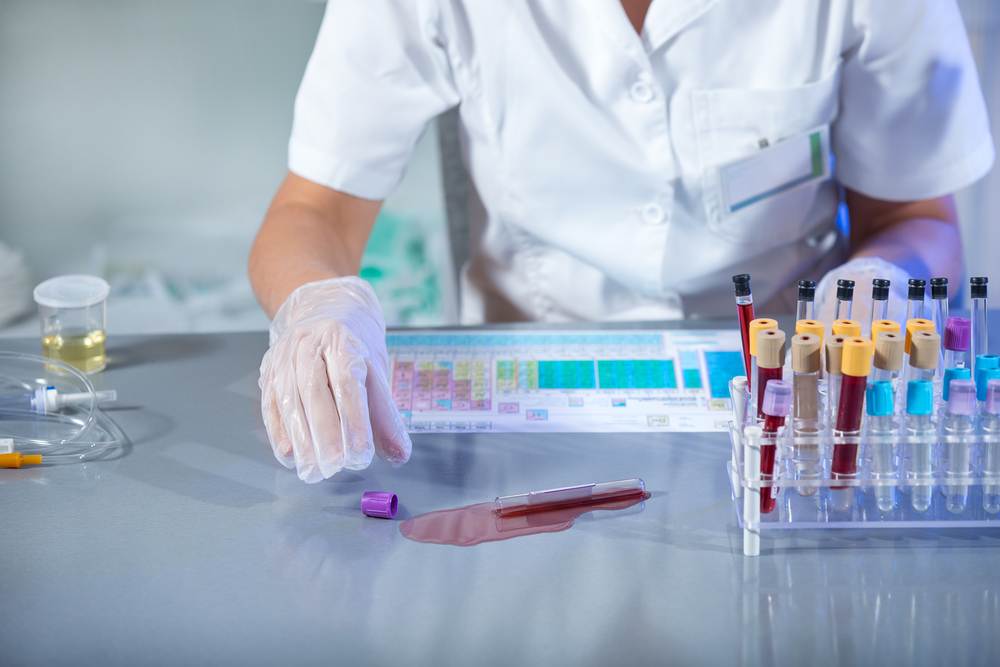In a lab, safety should always be your number one priority. This is true whether you’re performing basic research in a cleanroom or conducting chemistry experiments. Chemistry experiments that are unsafe can lead to much worse than spills or equipment failure. You never want to execute any experiments that aren’t safe.
Mistakes in chemistry experiments can lead to embarrassing, costly and harmful situations. Therefore, it’s essential to understand the importance of safety tips within a chemistry laboratory. Read on for a few of the most helpful safety tips for conducting safe experiments in your lab:
1. Never Perform Unauthorized Experiments
One thing that you should always remember is never to conduct any experiments that seem unsafe or haven’t been authorized. Whether you’re a chemistry teacher, supervise a lab or work in a research laboratory, before conducting an experiment, make sure that everyone knows what you’re about to do.
There should always be a complete plan and layout of the experiment. These includes the hypothesis, material list, and step-by-step procedure. The more thoroughly you plan everything, the less likely you are to encounter any hazardous issues.
2. Use Equipment for its Intended Purpose
It is never a good idea to use lab equipment for anything other than its intended purpose. Above all, most accidents or contamination within chemistry labs are because of incorrect applications of equipment. Obviously, certain tools like chemistry glassware and pipettes look cool. However, this doesn’t mean you should use them for anything other than measuring and transporting testing fluids.
3. Always Wear Protective Eye Gear
Of course, this is possibly the most critical policy any chemistry lab employee can follow. Always remember that everyone in the lab must be wearing some protective eye gear whenever conducting any chemistry experiments.
Although it might sound like an unnecessary inconvenience for a lot of people, it can help prevent any big mishaps. There are chances of splashing chemicals during a lot of experiments, so these protective eye gears will help protect your eyes from potential injury.
4. Never Remove Materials from the Lab
No employee should ever remove any materials from within the chemistry laboratory. If you’re in an academic setting, it’s especially important to stress this to your students. If they decide to take anything, make sure that they know the potential consequences of their actions. Removing materials from the lab isn’t just a moral issue, but it could be exceptionally dangerous for them and others.
Conclusion – SEPS
Above all, at SEPS we find safety and efficiency to be our two central goals when serving our clients. Our equipment repairs and decontamination (among others) are all refined to provide as many benefits to our clients as possible. And our accreditations and affiliations are a testament to our ability to do so.
